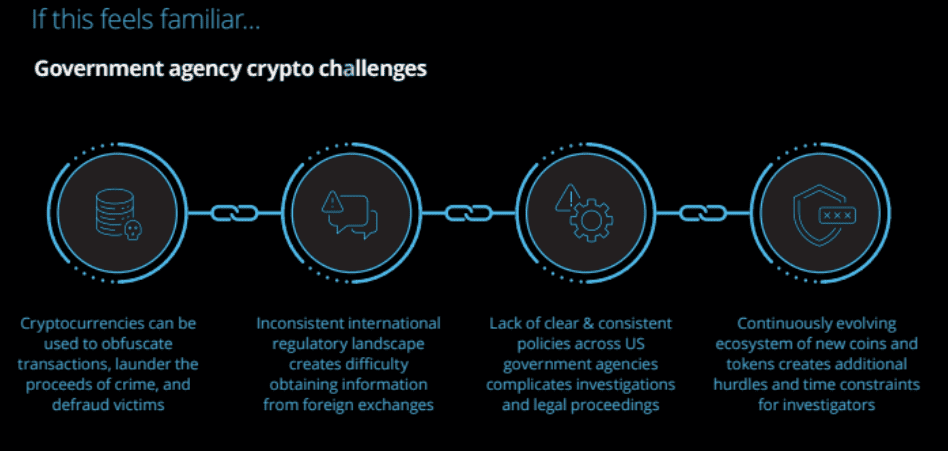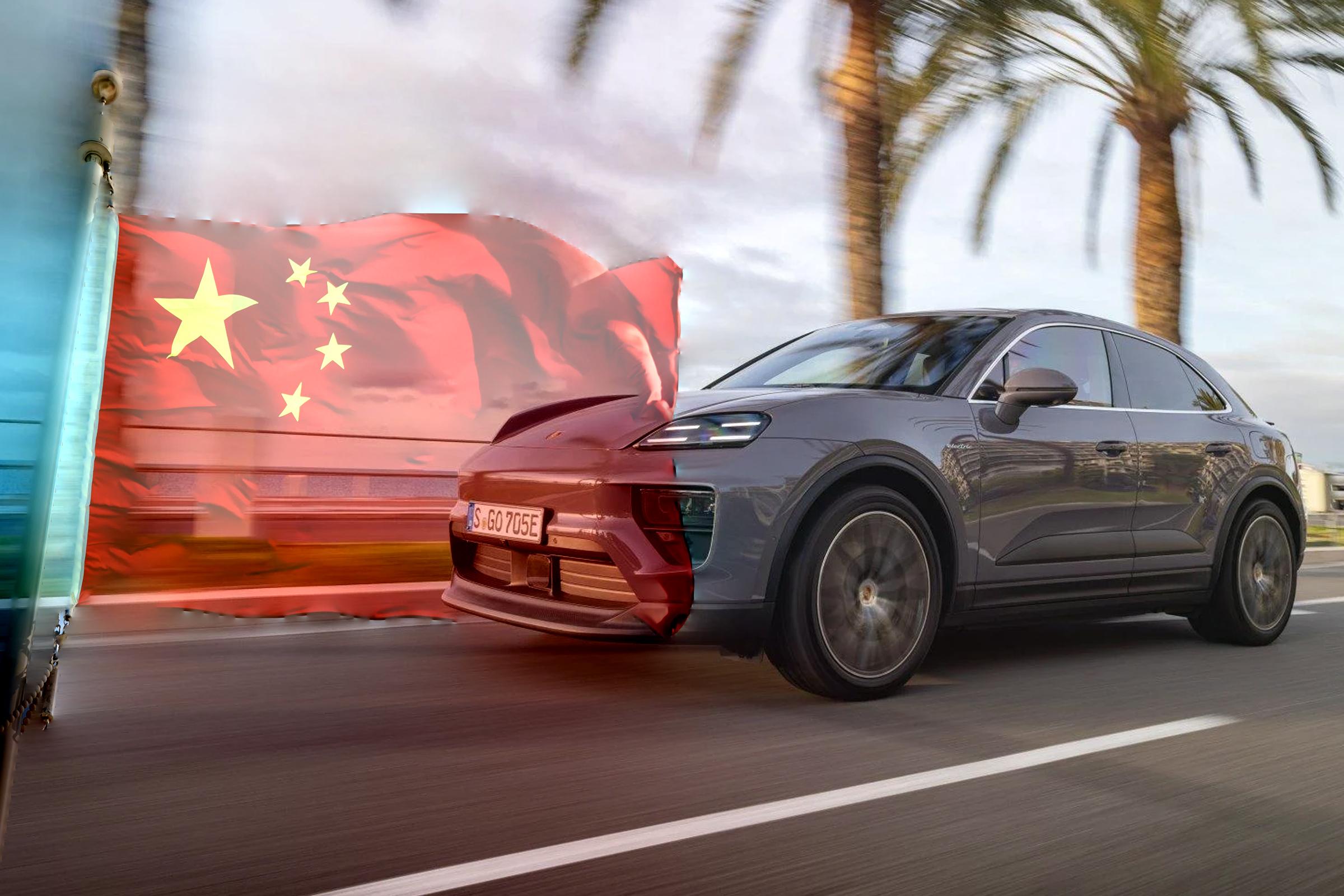The Future Of Luxury Cars In China: Perspectives From BMW And Porsche's Experiences

Table of Contents
BMW's Strategy in the Chinese Luxury Car Market
BMW's success in China is built on a multi-pronged strategy addressing the specific needs and desires of the Chinese luxury car consumer. This includes a strong focus on electrification, digitalization, and a deep understanding of the cultural nuances of the market.
Electrification and New Energy Vehicles (NEVs)
BMW is aggressively expanding its NEV lineup in China, understanding the government's push for electric vehicles and the growing consumer demand for eco-friendly options. This commitment extends beyond simply importing models; it includes localized production and the development of tailored models specifically designed for the Chinese market.
- Localized Production: BMW is investing heavily in its Chinese manufacturing facilities to produce NEVs locally, reducing costs and enhancing responsiveness to market demands.
- Tailored Models: The iX, i4, and other EV models are adapted to suit the specific preferences of Chinese drivers, including features like larger infotainment screens and advanced connectivity options.
- Battery Technology: BMW is collaborating with leading Chinese battery suppliers to secure a reliable supply chain and access cutting-edge battery technology. This includes investments in fast-charging capabilities and extended range batteries.
- Charging Infrastructure: The company is actively partnering with charging infrastructure providers to expand the availability of charging stations across major Chinese cities, addressing a key concern for potential EV buyers – range anxiety. This focus on infrastructure development is vital for the success of its luxury EV offerings.
Digitalization and Connected Car Technologies
BMW recognizes the importance of digitalization in attracting and retaining Chinese luxury car buyers. Their strategy emphasizes seamless connectivity, advanced driver assistance systems, and personalized in-car experiences.
- Advanced Driver-Assistance Systems (ADAS): BMW is integrating advanced ADAS features, including lane-keeping assist, adaptive cruise control, and parking assist, appealing to tech-savvy consumers.
- Personalized In-Car Experience: Digital connectivity and sophisticated infotainment systems, often incorporating local apps and services, are central to the BMW experience in China.
- Integration of Local Apps: Crucially, BMW has integrated popular Chinese apps like WeChat and Alipay into its vehicles, streamlining payments and communication within the car. This demonstrates a commitment to localizing the user experience.
- Over-the-Air (OTA) Updates: OTA updates allow for continuous improvement and addition of new features, enhancing the longevity and appeal of BMW vehicles.
Understanding the Chinese Luxury Consumer
BMW’s success is rooted in its deep understanding of the Chinese luxury consumer. Their marketing campaigns, vehicle designs, and customer service strategies are all tailored to resonate with this discerning clientele.
- Brand Heritage and Craftsmanship: Marketing emphasizes BMW’s rich history and commitment to quality craftsmanship, appealing to a consumer base that values heritage and prestige.
- Social Status and Image: BMW recognizes the importance of social status and brand image in China and positions its vehicles accordingly.
- Personalized Customer Experiences: BMW prioritizes personalized customer service, both before and after the sale, nurturing strong relationships with its customers. This includes personalized concierge services and exclusive owner events.
Porsche's Approach to the Chinese Luxury Car Market
Porsche's strategy in China focuses on maintaining its brand exclusivity and heritage while embracing the opportunities presented by electrification and digitalization.
Maintaining Brand Exclusivity and Heritage
Porsche carefully manages its brand image in China, ensuring that its exclusivity remains a key differentiator. This approach goes hand-in-hand with a focus on performance, prestige, and meticulous craftsmanship.
- Limited Edition Models: Porsche releases limited edition models exclusively for the Chinese market, catering to the desire for unique and highly sought-after vehicles.
- Exclusive Events and Experiences: Porsche organizes exclusive events and experiences for its Chinese customers, fostering a sense of community and reinforcing brand loyalty.
- High-Quality Dealership Network: Maintaining a high standard of service and experience across its dealership network is paramount to preserving the Porsche brand image.
Electrification and the Taycan's Success
The Taycan, Porsche's fully electric sports car, has played a significant role in its electrification strategy in China. Its performance and technology appeal to the Chinese luxury car buyer who values both innovation and driving exhilaration.
- High-Performance EV: The Taycan's performance capabilities demonstrate that electric vehicles can deliver the exhilarating driving experience synonymous with Porsche.
- Addressing Range Anxiety: Porsche actively addresses range anxiety by partnering with charging infrastructure providers and emphasizing the Taycan's impressive range.
- Technology Focus: Marketing campaigns highlight the Taycan’s advanced technology and performance features, showcasing its innovation and sophisticated engineering.
Digital Marketing and Engagement
Porsche leverages digital marketing tools effectively to reach and engage with Chinese consumers on their preferred platforms.
- Social Media Presence: Porsche maintains a strong presence on popular Chinese social media platforms like Weibo and WeChat, creating engaging content and fostering interaction.
- Online Sales and After-Sales Service: Porsche offers online sales and after-sales service options, adapting to the evolving preferences of digitally native consumers.
- Building Online Communities: Porsche actively cultivates online communities to build brand loyalty and enhance customer engagement. This includes using forums and social media to create a sense of connection among Porsche owners.
Conclusion
The future of luxury cars in China is undeniably bright, but success requires a deep understanding of the market. BMW and Porsche, through their distinct yet effective strategies, demonstrate the key ingredients for success: a commitment to electrification, a sophisticated approach to digitalization, and a profound understanding of the Chinese luxury consumer. Their strategies highlight the importance of localization, technological innovation, and personalized customer experiences. To stay ahead in this dynamic market, continuous adaptation and innovation are crucial. Continue exploring the latest trends and developments in the luxury cars in China market for a complete understanding.

Featured Posts
-
 Microsoft Activision Deal Ftc Files Appeal
Apr 22, 2025
Microsoft Activision Deal Ftc Files Appeal
Apr 22, 2025 -
 New Signal Chat Exposes Hegseth Amidst Pentagon Chaos Allegations
Apr 22, 2025
New Signal Chat Exposes Hegseth Amidst Pentagon Chaos Allegations
Apr 22, 2025 -
 Analyzing The Potential Of A Joint Swedish Finnish Military Force
Apr 22, 2025
Analyzing The Potential Of A Joint Swedish Finnish Military Force
Apr 22, 2025 -
 Blockchain Analytics Leader Chainalysis Boosts Ai With Alterya Acquisition
Apr 22, 2025
Blockchain Analytics Leader Chainalysis Boosts Ai With Alterya Acquisition
Apr 22, 2025 -
 Bmw Porsche And The Complexities Of The Chinese Automotive Market
Apr 22, 2025
Bmw Porsche And The Complexities Of The Chinese Automotive Market
Apr 22, 2025
